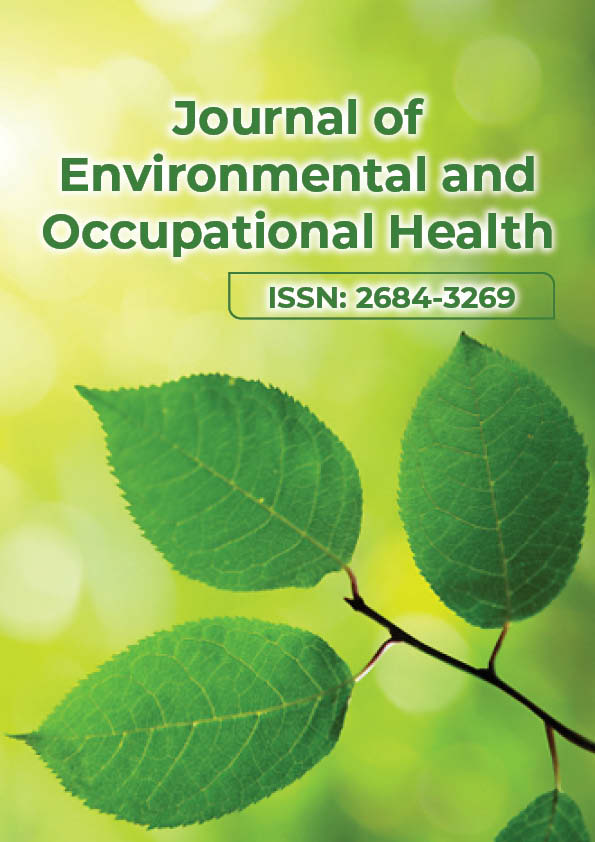Antimicrobial properties of 39 essential oils against thirteen food-borne microorganisms; effi cacy and environmental hygiene of Prunus armeniaca in raw food preservation under cold storage
Abstract
Magda Magdy Abd El-Salam, Sahar Yassin Ibrahim
Aim:The present study investigated the antimicrobial properties of 39 diversified essential plant oils (EOs). The most bioactive EO was selected and tested for its environmental hygiene efficacy in the preservation of stored raw food. Methods: The antimicrobial efficacy of 39 EOs was examined against 13 representative food-borne microorganisms. Minimal inhibitory concentration (MIC) of extracted apricot (Prunus armeniaca) seed EO was evaluated. Different concentrations of extracted oil were applied to four types of low-fat raw foods under cold dry storage. Results: The results of the microbial sensitivity assay showed considerable positive responses to only 23 out of 39 EOs. P. armeniaca exhibited the most significant antimicrobial efficacy. Different MIC values of extracted P. armeniaca oil were documented as a result of strain variability of representative food-borne microorganisms. Extracted apricot EO concentration delayed bacterial food spoilage at 1000 μg/ml while fungal spoilage delayed at 2000 μg/ml. Total bacterial viable count (TVC) of raw food samples treated with 1000 μg/ml oil decreased sharply when compared with TVC of samples not treated with oil. Fungal growth was completely inhibited in samples treated with 2000 μg/ml oil. Statistical analysis showed a significant association between the MIC of P. armeniacaEO and the growth of the 13 representative food-borne microorganisms, it was mostly 500 μg/ml. Conclusion:The achieved study results support using of P. armeniaca EO in controlling shelf-life of raw foods stored under dry cold conditions.
PDF




